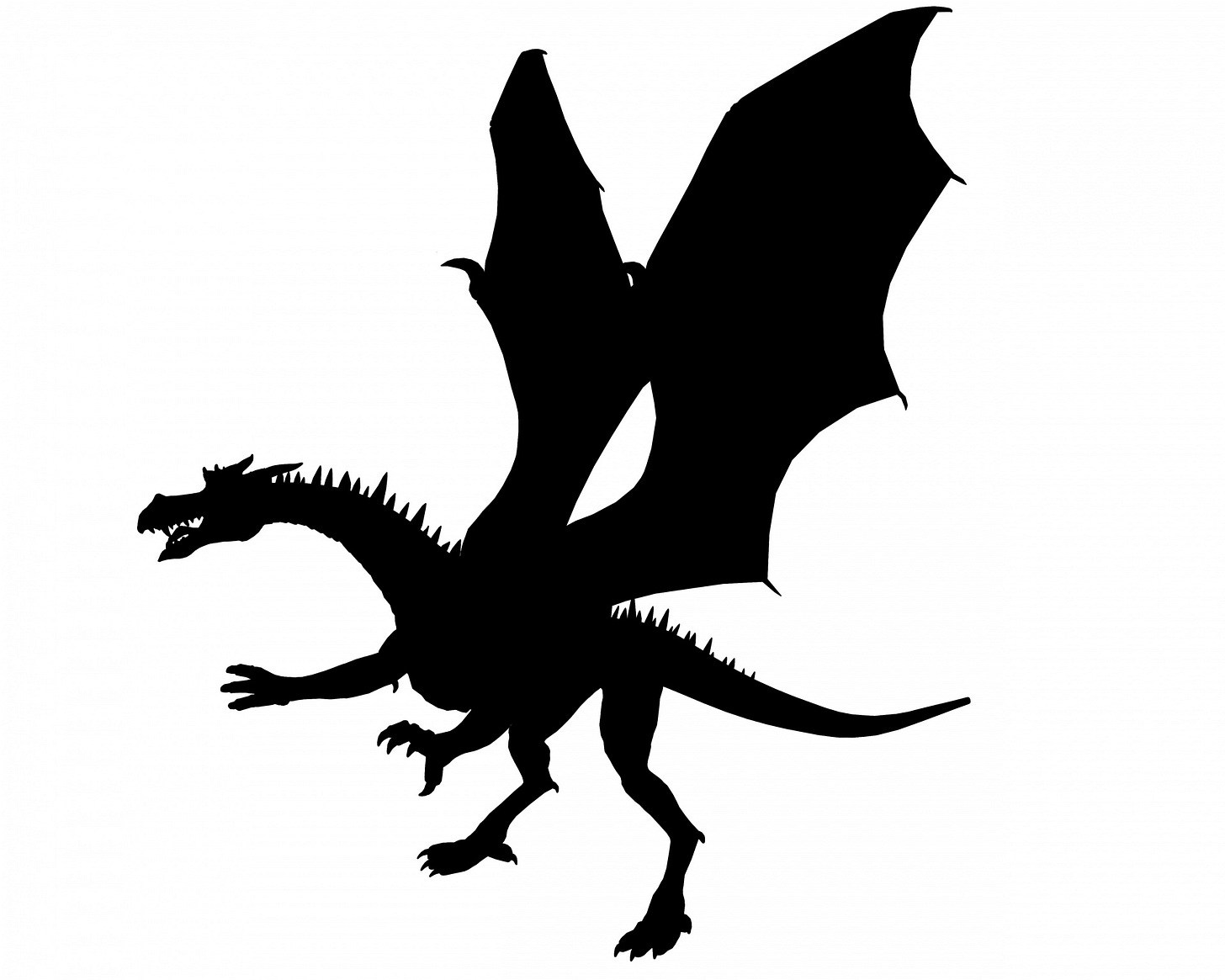On Beowulf
I recently read Beowulf, for the wrong reasons. Style guides often tell you to prefer Old English words to words borrowed from French or Latin. I have always liked this advice, and I thought reading Beowulf would expand my Anglo-Saxon vocabulary; I did not expect to think much of the poem as a piece of literature. It surprised me. Beowulf, a warrior with superhuman strength, defeats the monster Grendel, and then defeats Grendel’s mother (also a monster). Beowulf becomes king of the Geats and fifty years quickly pass. Then a dragon begins harrying his people, and Beowulf battles the dragon, and kills it at the cost of his own life. This sketch does not convey the poem’s power, but nor should one expect it to. As J. R. R. Tolkien wrote in a famous essay about the poem,
The habit ... of pondering a summarized plot of Beowulf, denuded of all that gives it particular force or individual life, has encouraged the notion that its main story is wild, or trivial, or typical, even after treatment. Yet all stories, great and small, are one or more of these three things in such nakedness.
He then articulates the poem’s great theme far better than I could:
When we have read his [the Beowulf author’s] poem ... we perceive that he who wrote hæleð under heofenum may have meant in dictionary terms ‘heroes under heaven’, or ‘mighty men upon earth’, but he and his hearers were thinking of the eormengrund, the great earth, ringed with garsecg, the shoreless sea, beneath the sky’s inaccessible roof; whereon, as in a little circle of light about their halls, men with courage as their stay went forward to that battle with the hostile world and the offspring of the dark which ends for all, even the kings and champions, in defeat. [Later:] As the poet looks back into the past, surveying the history of kings and warriors in the old traditions, he sees that all glory (or as we might say ‘culture’ or ‘civilization’) ends in night.
I can’t read this without being reminded that Tolkien survived the trenches of World War I, and that many of his friends died there.
Beowulf’s treatment of its theme gains its power partly by making Beowulf’s adversaries monsters. “The monsters are not an inexplicable blunder of taste; they are essential, fundamentally allied to the underlying ideas of the poem, which give it its lofty tone and high seriousness.” The aesthetic question is why: why is the poem more powerfully moving with monsters as foes, than it would have been with humans?


